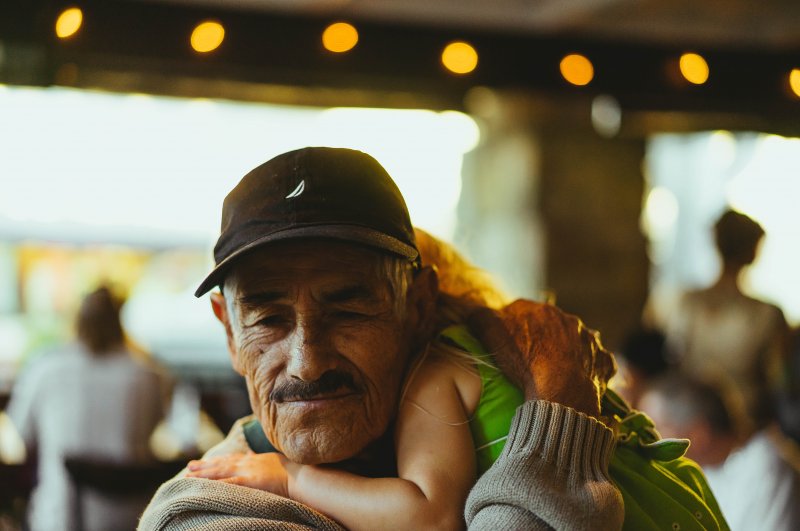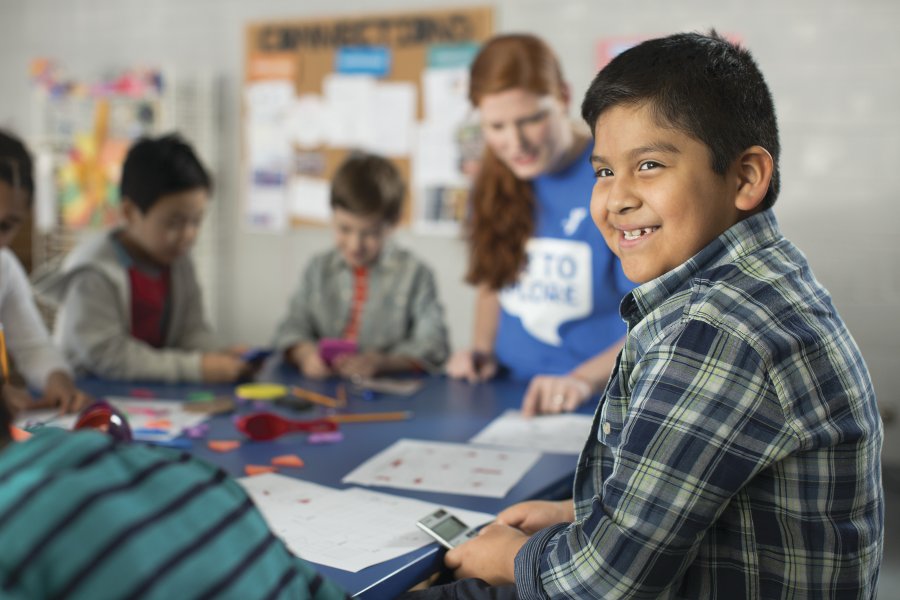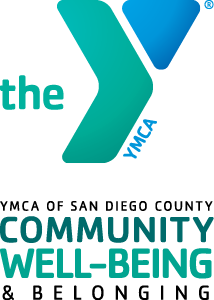April is National Child Abuse Prevention Month, a national campaign to prevent child abuse and neglect and promote the social and emotional well-being of children and families. This year, we’ll share a series of blog posts that explore the issue in depth.
Across the United States, nearly 3 million children are victims of maltreatment each year,[1] and in San Diego, an estimated 10% of children are vulnerable to instances of abuse and neglect, based on data from the County’s Child Welfare Services department [2] [3].
Abuse and neglect are considered Adverse Childhood Experiences (ACEs), situations which are gaining increased attention for their negative impact on child development. ACEs can lead to negative consequences that persist into adulthood, including: increased chronic disease, increased risk of homelessness, limited economic productivity, criminal conviction and substance abuse. However, warm and responsive relationships with caring adults can buffer the effects of ACEs and increase a child’s ability to cope with trauma stemming from abuse and neglect.
As the YMCA of San Diego County, we reach 1 in every 8 adults and 1 in every 5 children, and this level of impact puts us in the unique position to strengthen the bonds in families to ensure no child suffers from abuse.
Within YMCA Childcare Resource Service, our Behavior Support Services helps parents and caregivers build on their child-rearing skills to create a nurturing environment for children, ages 0-5, in the following ways:
- Education – through behavior observations and consultations, we help new parents distinguish which behaviors are developmentally appropriate for their children and which may need correction. For example, physical reactions from a child who lacks the ability to verbalize emotions is expected. However, if aggressive behaviors continue late into development, we guide parents and caregivers through behavior prevention and response strategies so children can build skills in preparation for school readiness and peer relationships
- Emotion Regulation – we help parents and caregivers increase their ability to regulate emotions and identify when they may need to call on healthy coping skills to reduce frustration. Our work helps parents and caregivers respond appropriately to a child’s challenging behavior so they can maintain a sense of security and nurture bonds with the children or the children in their care.
- Barrier identification – in some cases, maltreatment is tied to more profound causes, including chronic stress, mental health issues, substance use, and generational trauma. These instances afford our team an opportunity to engage with families in a deeper way to identify barriers to stability and connect them to resources that strengthen family functioning.
- Protective factors – we strengthen families by supporting parent and caregiver resilience, knowledge of parenting and child development, social and emotional competence of children, social connections among families, and concrete support in times of need. These supports are scientifically proven to create healthy family environments for the optimal development of young children.
All tools and recommendations in the program are research-backed and drawn from evidence-based practices in the field of behavior and social-emotional development. Our behavioral intervention and support approach is based on information from the Center for Social Emotional Foundations of Early Learning (CSEFEL) from Vanderbilt University and the tenets of “Positive Discipline” by Dr. Jane Nelson.
For more information about our Behavior Support Services program, click here or contact Aimee Zeitz at [email protected].
TO READ MORE ABOUT NATIONAL CHILD ABUSE PREVENTION MONTH, CLICK ON THE BLOG POSTS BELOW:
NATIONAL CHILD ABUSE PREVENTION MONTH: CHILD CARE PROVIDERS AS PREVENTION ADVOCATES
CHILD ABUSE PREVENTION MONTH: A FOCUS ON YOUNG PARENTS
NATIONAL CHILD ABUSE PREVENTION MONTH: THE ROLE OF KINSHIP CAREGIVERS
NATIONAL CHILD ABUSE PREVENTION MONTH: A NETWORK OF ABUSE PREVENTION ADVOCATES
To sign up to receive the latest YMCA Community Support Services news, click here.
[1] Ringel, Jeanne S., et. al. "Improving Child Welfare Outcomes: Balancing Investments in Prevention and Treatment," 2017.


